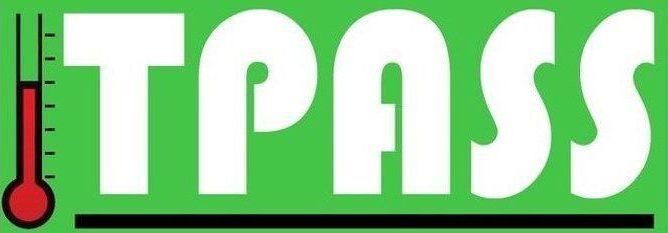ENVIRONMENTAL POLICY
1. Carbon Foot Print
As a consultancy company where our main product involves staff visiting customers, the companies largest environmental impact comes from travel. Most of our travel is by road, and the long term objective will be to switch to electric cars once they are affordable, and can cover the distances required and a national charging network is in place.
In the mean time, travel within the Great Britain will prioritise road transport rather than flights. For future work in Ireland and Northern Ireland, ferry transport will be considered, though possibly not over the winter period where fairly frequent ferry cancellations would make scheduling work difficult. Ferries or the channel tunnel will be considered for work in continental Europe if the driving distances are manageable.
Where flights are unavoidable, airlines which offer a carbon offsetting scheme will be prioritised when purchasing tickets.
2. Reducing wastage
2.1 Food products
When validating heat processes, it is not ideal to be working with product intended for sale, because if the validation results are not good this leads to question marks over the safety of product. This means that the use of dummy loads for testing is often requested. Where possible these loads should be product that has already been selected for destruction for quality reasons. If no scrap product is available a simulant load e.g. starch/water filled packs will be considered, if it the technical objectives of the test can be met. Only as a last resort will fresh production batches be scrapped.
2.2 Batteries
The data loggers used for most of our validation work use specialist lithium cell batteries. When these require replacement, the old batteries will be put in separate bags, and disposed at the local authority recycling centre.
2.3 Paper
The company will try as far a possible to operate paperless administrative systems e.g. quotations, invoices, expenses claims etc.
Training courses can potentially consume significant amounts of paper. Customers will be offered the opportunity to receive all training materials (other than worksheet handouts) electronically as PDF files for electronic distribution to the attendees.
Where-ever possible worksheet handouts will be in a generic format so that unused paperwork can be reused for future courses.
For confidentiality reasons, printed reports, or any documents containing personal information (names/phone numbers etc), are NOT
recycled, and these will be destroyed by incineration.
